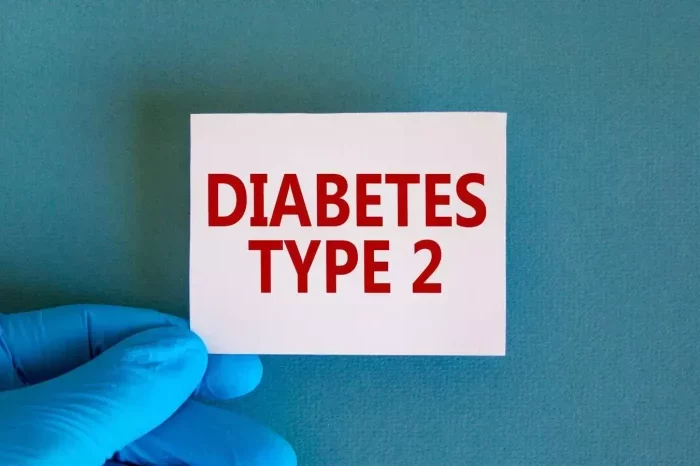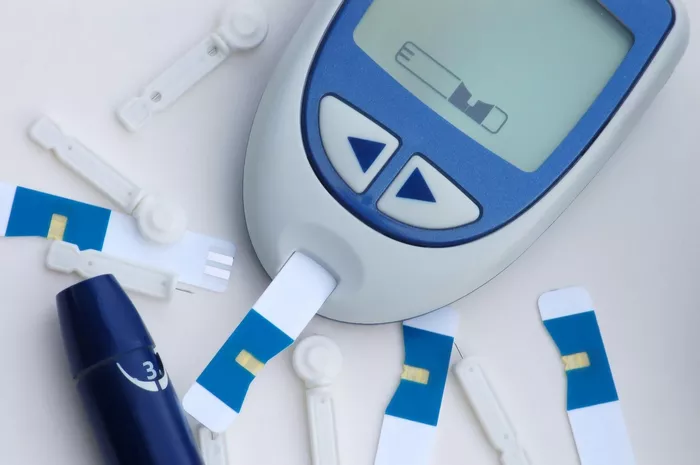Type 2 diabetes is a chronic metabolic condition characterized by elevated levels of blood sugar, or glucose, in the body. It affects millions of people worldwide and is a significant contributor to various health complications, including heart disease, kidney disease, and nerve damage. However, with proper management, individuals with type 2 diabetes can lead fulfilling lives and reduce their risk of complications. One of the most crucial aspects of managing type 2 diabetes is making healthy dietary choices to regulate blood sugar levels. In this article, we will explore the impact of diet on type 2 diabetes and provide valuable insights into foods to avoid, healthier alternatives, portion control, and the importance of consulting healthcare professionals.
Understanding Type 2 Diabetes
Type 2 diabetes develops when the body becomes resistant to insulin or fails to produce enough insulin to regulate blood sugar effectively. Insulin is a hormone produced by the pancreas that helps glucose enter cells to provide energy. When insulin resistance occurs, glucose accumulates in the bloodstream, leading to high blood sugar levels.
Several factors contribute to the development of type 2 diabetes, including genetics, lifestyle choices, and obesity. Risk factors for type 2 diabetes include a family history of the condition, sedentary lifestyle, poor dietary habits, and being overweight or obese.
Common symptoms of type 2 diabetes include:
Increased thirst and urination
Fatigue
Blurred vision
Slow-healing wounds
Tingling or numbness in the hands or feet
Early detection and management of type 2 diabetes are essential to prevent complications and improve quality of life.
Foods to Avoid
Certain foods can exacerbate blood sugar spikes and worsen insulin resistance in individuals with type 2 diabetes. It is essential to limit or avoid the following:
Sugary Foods and Beverages: Soda, candy, pastries, and sweetened cereals contain high amounts of added sugars, leading to rapid increases in blood sugar levels.
Refined Carbohydrates: White bread, white rice, and sugary breakfast cereals are high in refined carbohydrates, which can cause blood sugar spikes and contribute to insulin resistance.
Trans Fats and Saturated Fats: Fried foods, processed snacks, and fatty cuts of meat contain trans fats and saturated fats that can increase inflammation and insulin resistance.
High-Sodium Foods: Processed foods, canned soups, and salty snacks should be limited to prevent hypertension and cardiovascular complications.
Fruit Juices: While natural, fruit juices can be high in sugar and lack fiber, leading to rapid spikes in blood sugar levels.
Why These Foods Should Be Avoided?
These foods should be avoided because they can significantly impact blood sugar levels, insulin sensitivity, and overall health. Consuming sugary and refined foods can lead to insulin spikes and subsequent crashes, contributing to fatigue and hunger cravings. Trans fats and saturated fats can increase inflammation in the body, exacerbating insulin resistance and increasing the risk of cardiovascular disease. High-sodium foods can elevate blood pressure, leading to hypertension and increasing the risk of heart disease. Fruit juices, despite being natural, lack fiber and can cause rapid spikes in blood sugar levels, similar to sugary beverages.
Healthier Alternatives
Fortunately, there are plenty of healthier alternatives that individuals with type 2 diabetes can enjoy while managing their condition effectively:
Whole Grains: Opt for whole grains such as quinoa, brown rice, and whole wheat bread, which are rich in fiber and nutrients and have a lower glycemic index than refined grains.
Lean Proteins: Choose lean proteins such as poultry, fish, tofu, and legumes, which provide essential nutrients without causing significant spikes in blood sugar levels.
Healthy Fats: Incorporate sources of healthy fats like avocados, nuts, seeds, and olive oil into your diet, which can help improve insulin sensitivity and promote heart health.
Non-Starchy Vegetables: Load up on non-starchy vegetables such as leafy greens, broccoli, cauliflower, and bell peppers, which are low in carbohydrates and calories but rich in vitamins, minerals, and antioxidants.
Consultation with Healthcare Provider
Before making significant changes to your diet or lifestyle, it is essential to consult with your healthcare provider or a registered dietitian. They can provide personalized guidance based on your individual health status, dietary preferences, and treatment goals. Your healthcare team can help you create a comprehensive diabetes management plan that includes dietary recommendations, physical activity guidelines, medication management, and regular monitoring of blood sugar levels. Working closely with your healthcare provider will ensure that you receive the support and guidance you need to effectively manage your type 2 diabetes and improve your overall health and well-being.
Conclusion
Managing type 2 diabetes requires a multifaceted approach that includes making healthy dietary choices, engaging in regular physical activity, and working closely with healthcare professionals. By understanding the impact of diet on type 2 diabetes and making informed food choices, individuals can effectively regulate blood sugar levels, reduce the risk of complications, and improve their quality of life. Remember to prioritize whole, nutrient-dense foods, practice portion control, and seek guidance from healthcare professionals to optimize your diabetes management plan. With dedication and commitment to a healthy lifestyle, individuals with type 2 diabetes can live well and thrive despite their condition.
Related Topics:
What Can Type 1 Diabetics Not Eat?



























